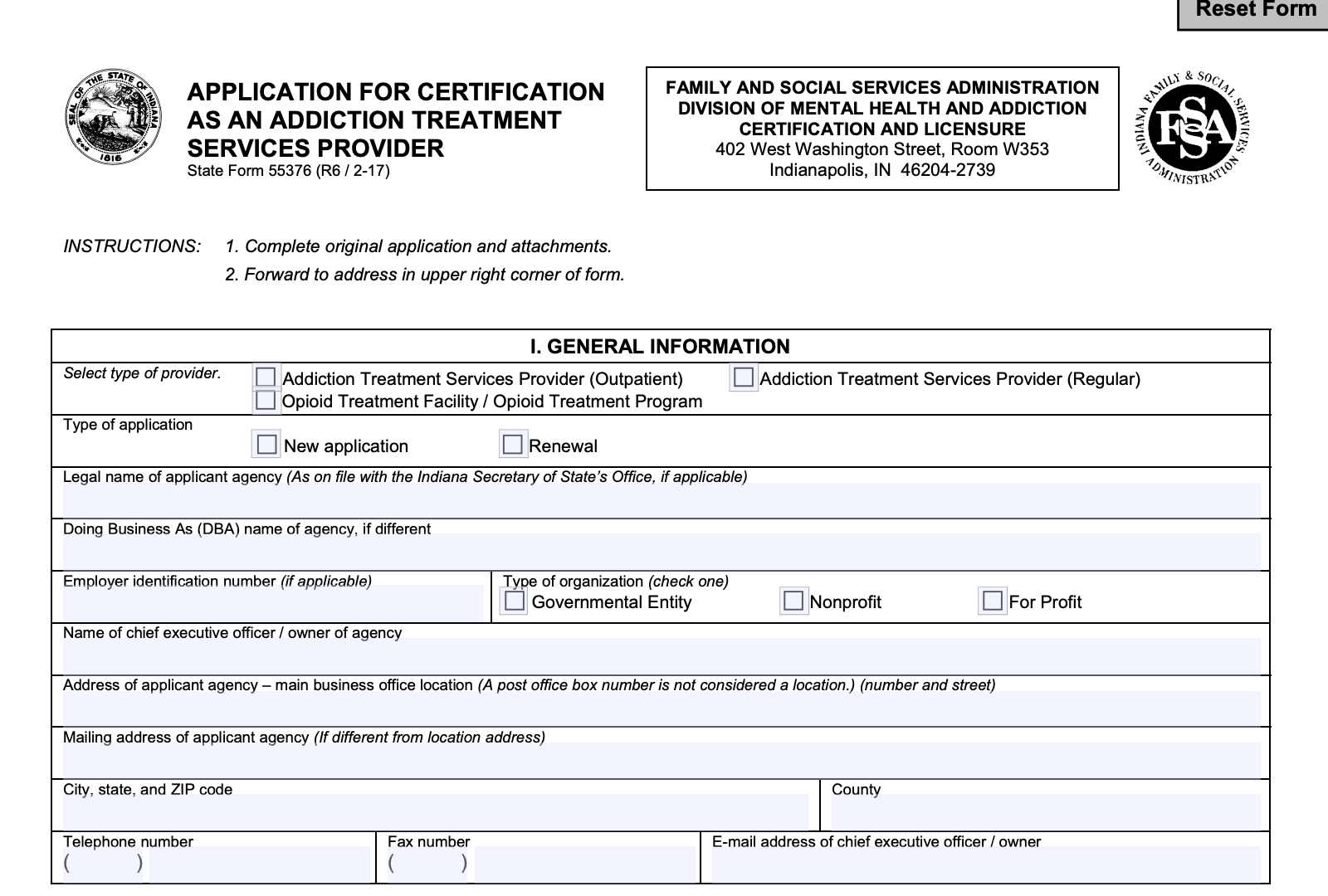Your Path to Recovery: Choosing the Best Addiction Treatment Center
Navigating the Journey of Cleansing in the Comprehensive Dependency Treatment Program
Embarking on the course of detoxing within the structure of a detailed dependency treatment program is a pivotal phase in the journey towards recuperation. The procedure of cleansing holds a substantial role in breaking the physical reliance on compounds and preparing the individual for the subsequent stages of treatment. Browsing via detoxing is not merely a matter of physical cleansing; it involves an intricate interplay of emotional, emotional, and social elements that call for careful consideration and support. As individuals face the obstacles of withdrawal signs and symptoms and the uncertainties that lie in advance, having a structured plan and a robust assistance system in place comes to be paramount. In this discussion, we will explore the multifaceted aspects of cleansing within the extensive addiction treatment program and clarified the critical parts that shape this transformative journey in the direction of recovery.
Significance of Detoxing in Recuperation

Detoxing establishes the structure for the remainder of the dependency therapy program by preparing the person for additional therapy and therapy. By cleansing the body of substances that have actually been clouding judgment and influencing actions, detoxification makes it possible for people to approach their recuperation with a more clear mind and stronger emphasis.
Moreover, detoxing aids in taking care of the possibly serious withdrawal symptoms that may arise when medicine or alcohol usage is quit. Medical professionals closely monitor patients throughout detoxification to ensure their safety and supply needed support. Through this procedure, people can begin their trip in the direction of sobriety with a stabilized psychological and physical state, boosting the possibility of a successful recuperation.
Comprehending the Detox Refine
Cleansing, a fundamental part of dependency treatment programs, entails an organized process intended at safely getting rid of unsafe compounds from the body to facilitate an effective recuperation journey. The detox procedure generally begins with an analysis to examine the person's compound usage history, physical health and wellness, and mental wellness. This assessment helps medical care experts determine one of the most appropriate detoxification strategy tailored to the person's needs.
During detoxification, the body experiences withdrawal as it adapts to the absence of the compound. Withdrawal symptoms vary relying on the sort of material used, the duration of usage, and individual aspects. Medical supervision throughout detoxification is vital to manage withdrawal signs and symptoms and ensure the person's safety and comfort.

Taking Care Of Withdrawal Signs And Symptoms

Medicines might be utilized to alleviate certain withdrawal symptoms and minimize pain. Drugs like methadone or buprenorphine can aid handle opioid withdrawal signs, while benzodiazepines might be used for alcohol withdrawal. It is vital for medical care companies to meticulously monitor the individual's response to these medications to ensure their safety and security and performance.
In addition to medicinal treatments, supportive therapies such as counseling, peer support groups, and alternative techniques like mindfulness meditation or yoga exercise can help individuals cope with the emotional and psychological challenges of withdrawal. By dealing with withdrawal signs thoroughly, health care companies can Recommended Reading improve the cleansing experience and support individuals on their journey to recovery.

Assistance Systems During Detox
Support systems play a critical role in supplying psychological and social assistance to individuals undergoing cleansing in dependency therapy programs. Throughout the detoxification procedure, people often experience an array of psychological and physical withdrawal symptoms, making this phase difficult - Addiction Treatment Center. Having a strong support group in position can substantially affect the individual's capability to navigate with detoxification efficiently
Relative, close friends, assistance teams, and medical care specialists are essential parts of the assistance system. Family members close friends and participants can provide motivation, understanding, and a sense of belonging throughout this tough time. Support system offer a platform for people have a peek at this website to link with others who are experiencing similar experiences, providing a sense of area and shared understanding. Medical care experts, including counselors, specialists, and physicians, play a vital role in monitoring the person's development, providing clinical support, and supplying support throughout the detox procedure.
Looking Ahead: Life After Detoxification
Having actually successfully completed the detoxing stage, people in addiction treatment programs now concentrate on planning for the difficulties and chances that exist in advance in their trip in the direction of recuperation. Life after detoxification notes a crucial transition period where individuals must remain to build on the development made during detoxification to preserve their soberness. It is necessary for people to acknowledge that the trip in the direction of healing is continuous and needs commitment, commitment, and a willingness to embrace change.
One key aspect of life after detox is the development of coping devices to manage triggers and desires that might develop. This might include learning brand-new abilities, such as mindfulness techniques, cognitive-behavioral strategies, and stress and anxiety monitoring methods, to browse challenging situations without considering compound use. In addition, people are motivated to actively take part in ongoing therapy, support groups, and aftercare programs to enhance their support network and receive guidance as they browse the intricacies of life post-detox.
Conclusion
Understanding the detoxification process and handling withdrawal symptoms are essential actions in the direction of healing. It is essential to identify the significance of detoxification in the procedure of getting rid of dependency and moving in the direction of a life of sobriety.
Clinical supervision throughout detox is crucial to handle withdrawal symptoms and make sure the individual's safety and security and comfort.
By recognizing the detox procedure and its value in damaging the cycle of addiction, people can embark on a course in the direction of lasting recuperation.
During the detox procedure, individuals commonly experience a range of emotional and physical withdrawal signs, making this stage challenging. Medical care professionals, including specialists, physicians, and counselors, play a crucial role in monitoring the individual's development, offering medical support, and providing assistance throughout the detox process.
Life after detox notes an essential transition period where individuals must continue to build on the progress made during detoxification to keep their soberness.